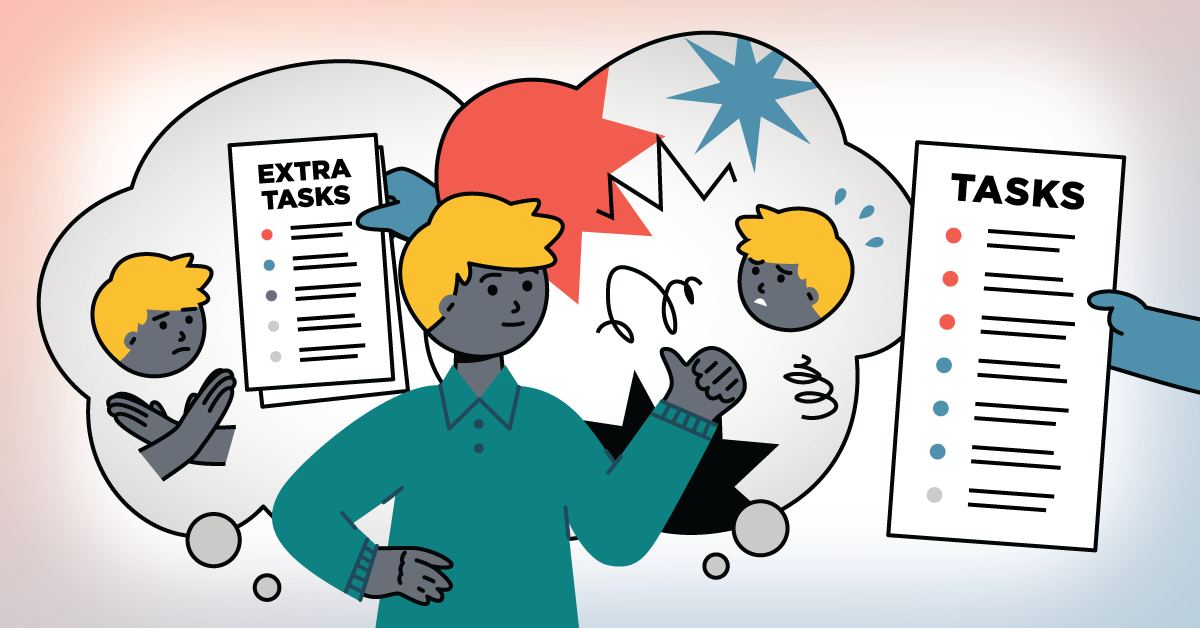About the Author

Jaime Faulkner
Jaime believes authenticity and storytelling are the keys to successful marketing. As a graduate from the Hugh Downs School of Human Communication, she loves finding and connecting narratives. When she's not at work, she's psychoanalyzing contestants on The Bachelor, painting, listening to podcasts, or playing tabletop RPGs.
Recent Posts
Developing strong sales skills is a crucial skill for every behavioral type. Sooner or later, everyone will need to make a ‘sell’...
Starting a new job can be a lot of pressure. Not only are you onboarding and training, but you’re also finding your place within your new team...
Knowing how to sell to other behavioral types is invaluable for these situations, so this blog series is reviewing each DISC type and how they can sell to others.
Knowing how to sell to other behavioral types is invaluable. This blog series is reviews each DISC type and how they can sell to others.
One of the resulting phenomena from all of this uncertainty is the rise of ‘quiet quitting’, a term corporate culture is embracing but workers resent.
Everyone is going to have to “sell” at some point in their professional lives, be it pitching an idea, making your case for a promotion, seeking a deeper connection with a peer, or literally selling a product or idea.





